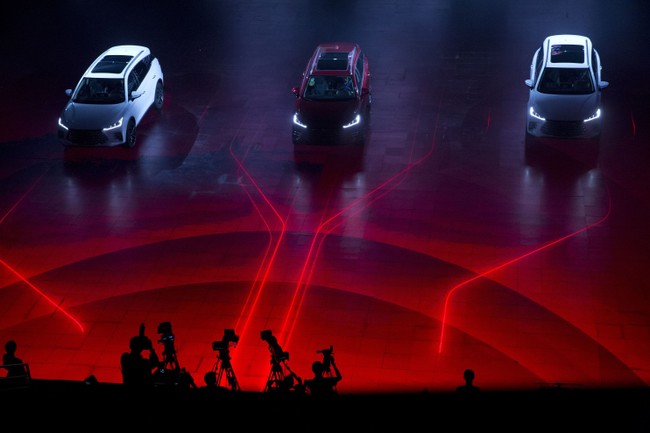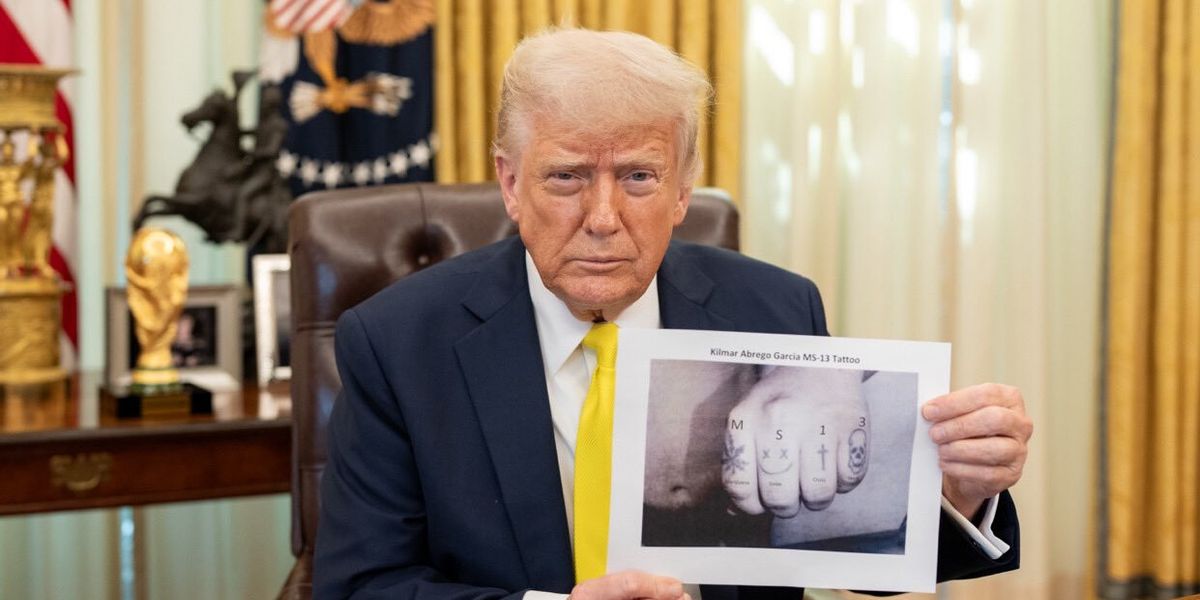We’ve known this was coming for months but now it’s here. The EU Commission has put in place new tariffs designed to punish China for heavily subsidizing its EV industry. The path toward these tariffs started last fall when the EU announced an investigation into China’s car industry.
The European Union will begin an investigation into Chinese subsidies of electric vehicles, the bloc’s top official announced Wednesday, in a move that highlights Europe’s growing industrial and geopolitical competition with China…
“Europe is open for competition, not for a race to the bottom,” said Ursula von der Leyen, the president of the European Commission, speaking in Strasbourg, France. “We must defend ourselves against unfair practices.”…
The European Union sees the electric vehicle sector as “a crucial industry for the clean economy, with huge potential for Europe,” Ms. von der Leyen said. “But global markets are now flooded with cheaper Chinese electric cars. And their price is kept artificially low by huge state subsidies.”
The investigation is now complete and yesterday the EU announced the tariffs which range from 17% to as high as 45%. Despite the decision, there was disagreement in the union about whether the tariffs were a good idea.
Just over a year after launching its anti-subsidy probe, the European Commission will set out extra tariffs ranging from 7.8% for Tesla to 35.3% for China’s SAIC, on top of the EU’s standard 10% car import duty…
Germany, the EU’s biggest economy and major car producer, opposed tariffs in a vote earlier this month in which 10 EU members backed them, five voted against and 12 abstained.
German carmakers have heavily criticized the EU measures, aware that possible higher Chinese import duties on large-engine gasoline vehicles would hit them hardest.
The German automakers have, for years, been selling cars in China, the world’s largest car market. Now they are worried China will crack down with its own tariffs. Volkswagen in particular has warned it may have to close factories for the first time in its history.
Volkswagen could shut down as many as three factories in Germany and lay off tens of thousands of workers as it seeks to regain its edge in Europe amid slumping sales and increased competition from China, the company’s top employee representative said Monday.
The closures would be the first in the 87-year history of the company, Germany’s largest employer, and would be a further blow to the country’s already stagnant economy…
Automobile manufacturing is Germany’s most important industry, contributing 564 billion euros, or $610 billion, to the country’s economy.
But it is also heavily dependent on exports, especially to China, where German manufacturers sold around 4.3 million cars in 2021, according to the German Association of the Automotive Industry, a trade group.
There’s really no good option here for VW. The EU tariffs probably will result in a tit-for-tat response from China which will hurt their Chinese sales. But the truth is that their sales in China haven’t been very hot lately anyway.
Volkswagen has reported a 60% drop in profits amid a slump in sales in China, with the carmaker emphasising the difficulties it faces as it prepares to close factories in Germany for the first time…
Carmakers around the world are struggling with limp demand for new vehicles as higher interest rates take their toll, while several – including VW’s German rivals BMW and Mercedes-Benz – have reported that demand in China in particular has dropped. The British sportscar brand Aston Martin also confirmed on Wednesday that the “weak macroeconomic environment in China” was dragging it back.
Overall, VW’s China sales were down 12% this year. The tariffs will accelerate that decline once China responds, but on the other hand, the tariffs may also protect VW from having their domestic business dramatically undercut by the lower cost Chinese imports. VW’s domestic sales were down 1% this year. It could be a lot worse. Either way, VW was set to lose business. At least this way they might retain the core business at home.
The underlying issue here is that EV models (hybrids included) have recently started outselling gas powered cars in China. That’s a problem for the European manufacturers because they don’t make small, cheap EVs that can compete on price with the Chinese models. They just aren’t positioned to succeed in the changing market. China meanwhile is positioned to succeed, so much so that the US, Canada and now the EU are putting steep tariffs in place to prevent a bloodbath for domestic automakers.
Read the full article here




![‘The Wheels Are Coming Off’ Kamala’s Campaign – Vivek Ramaswamy [WATCH] ‘The Wheels Are Coming Off’ Kamala’s Campaign – Vivek Ramaswamy [WATCH]](https://www.lifezette.com/wp-content/uploads/2024/09/2024.09.26-02.16-lifezette-66f56cd7cb522.jpg)




